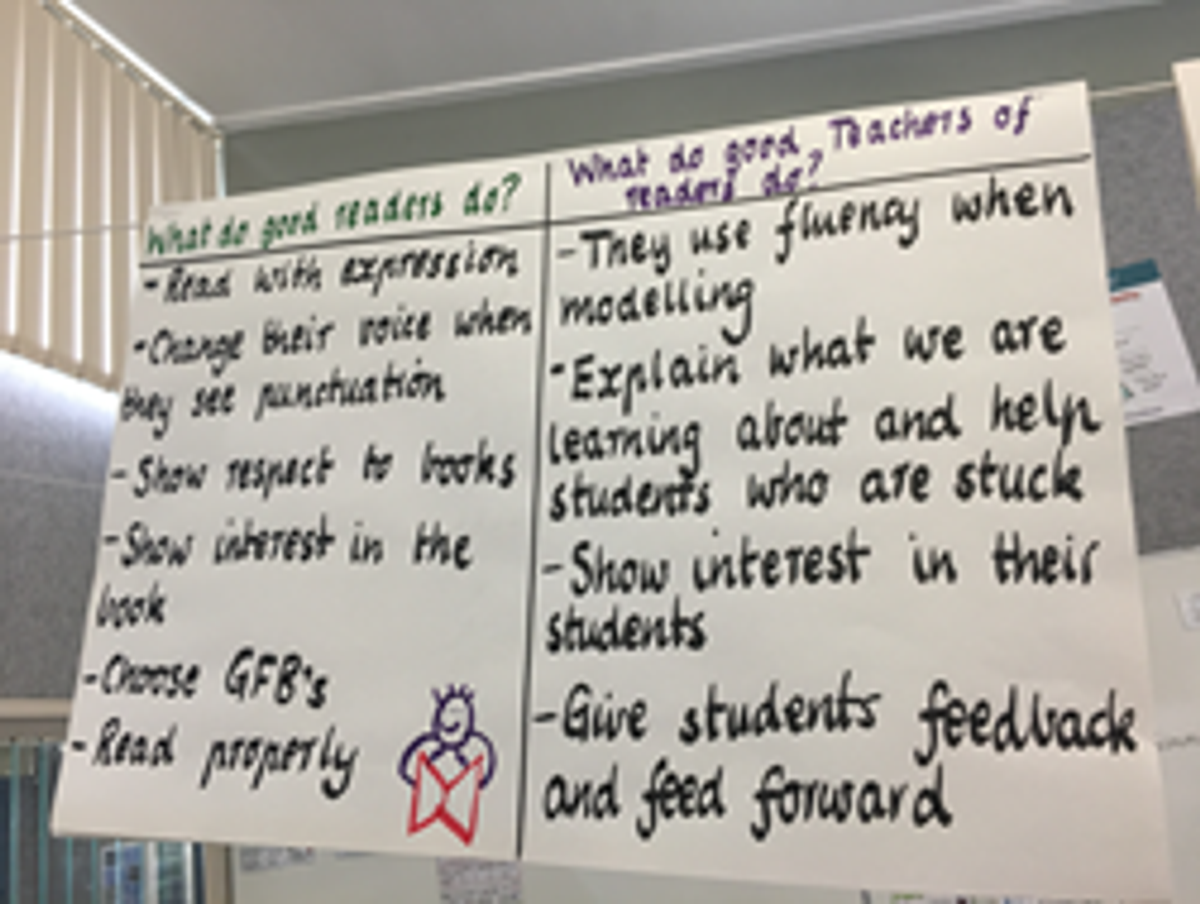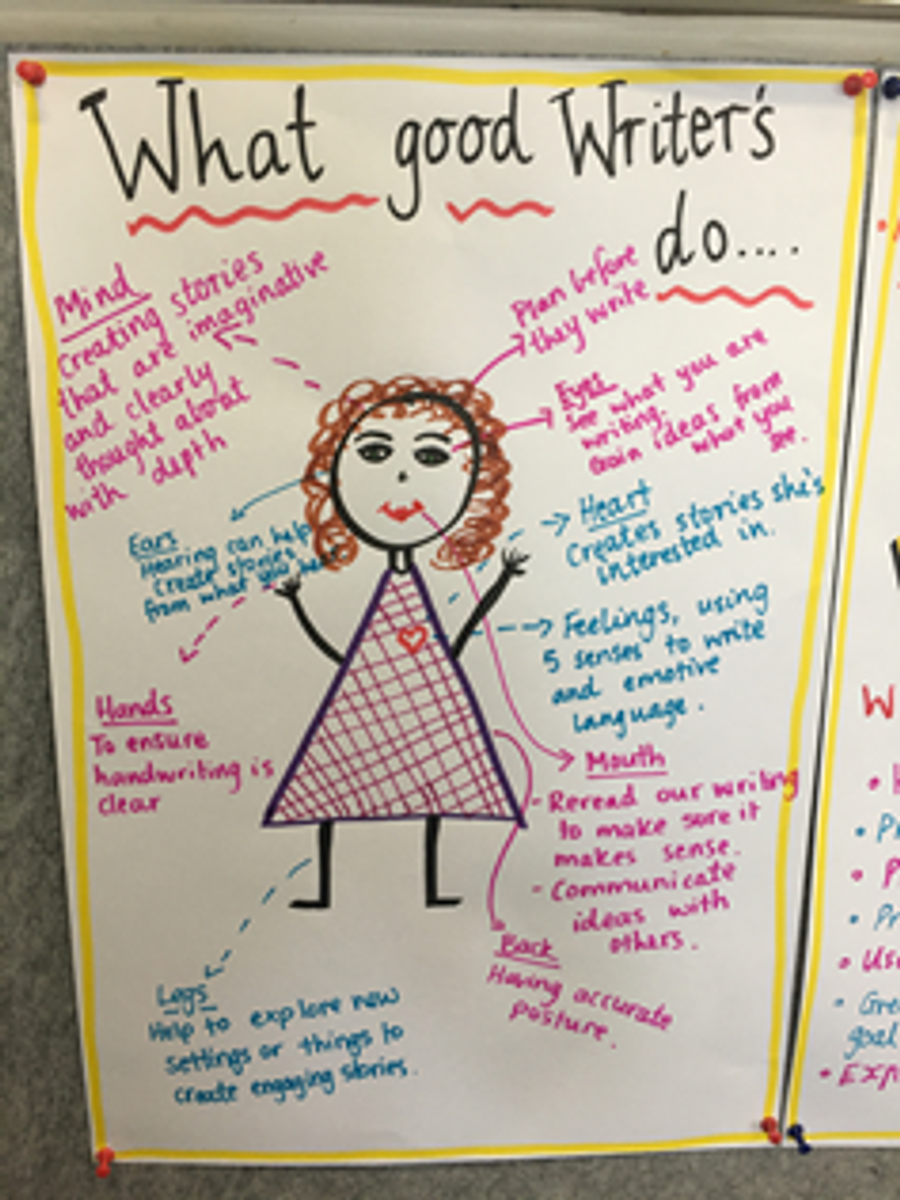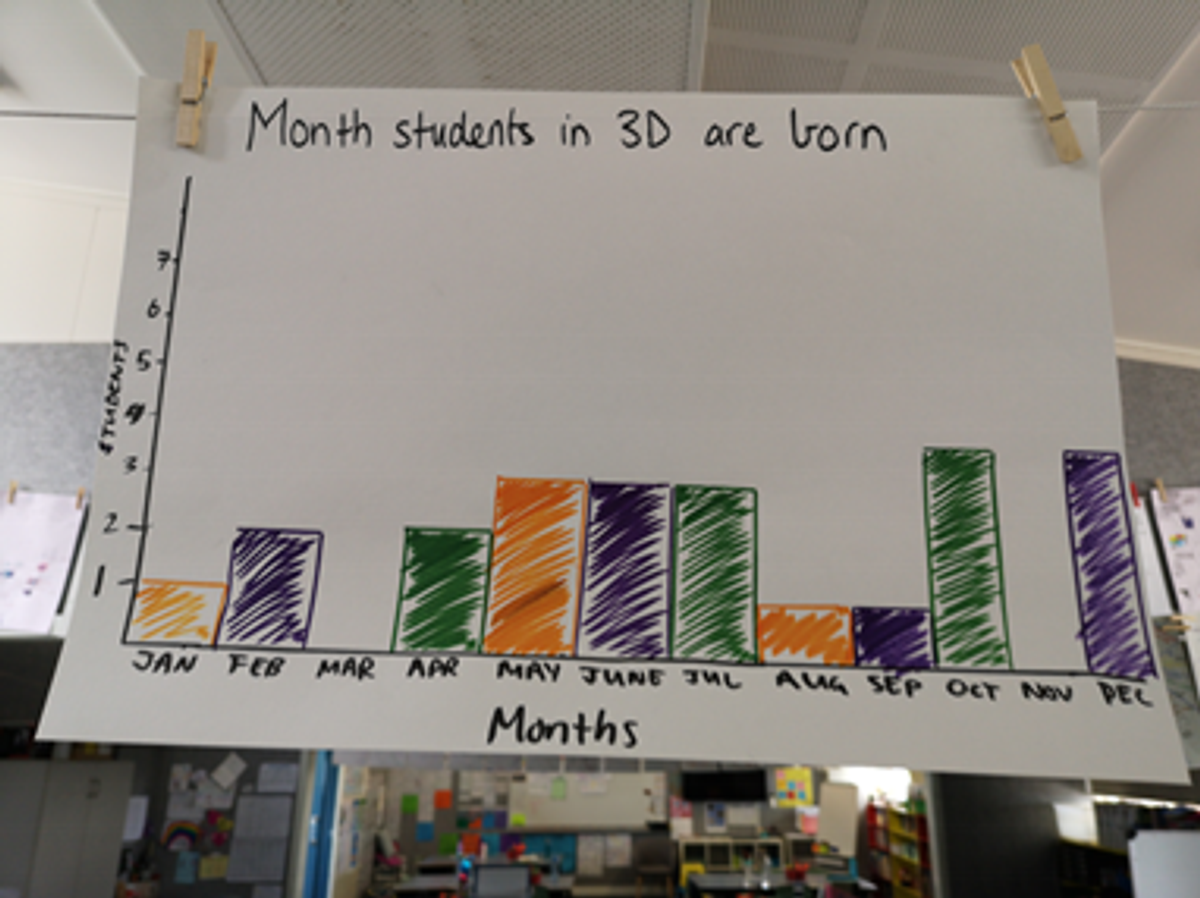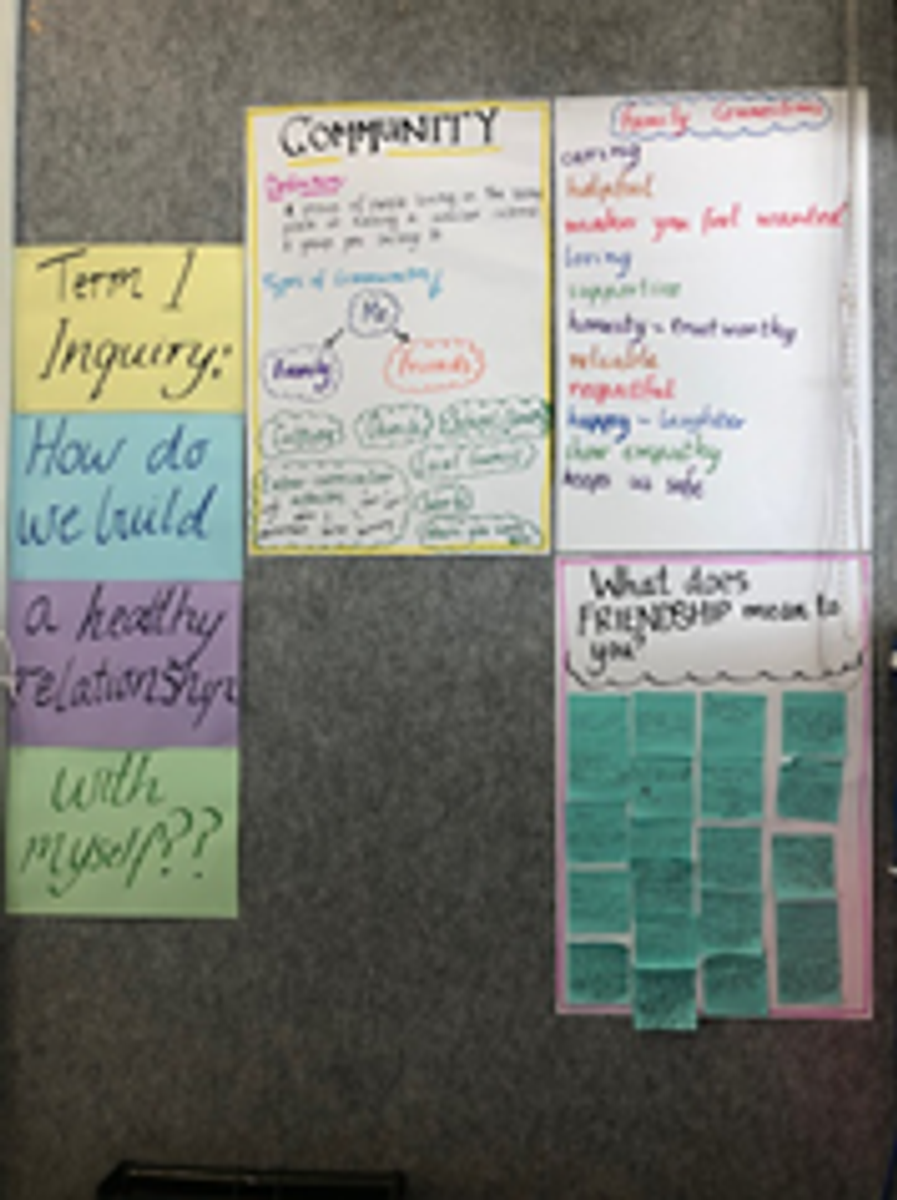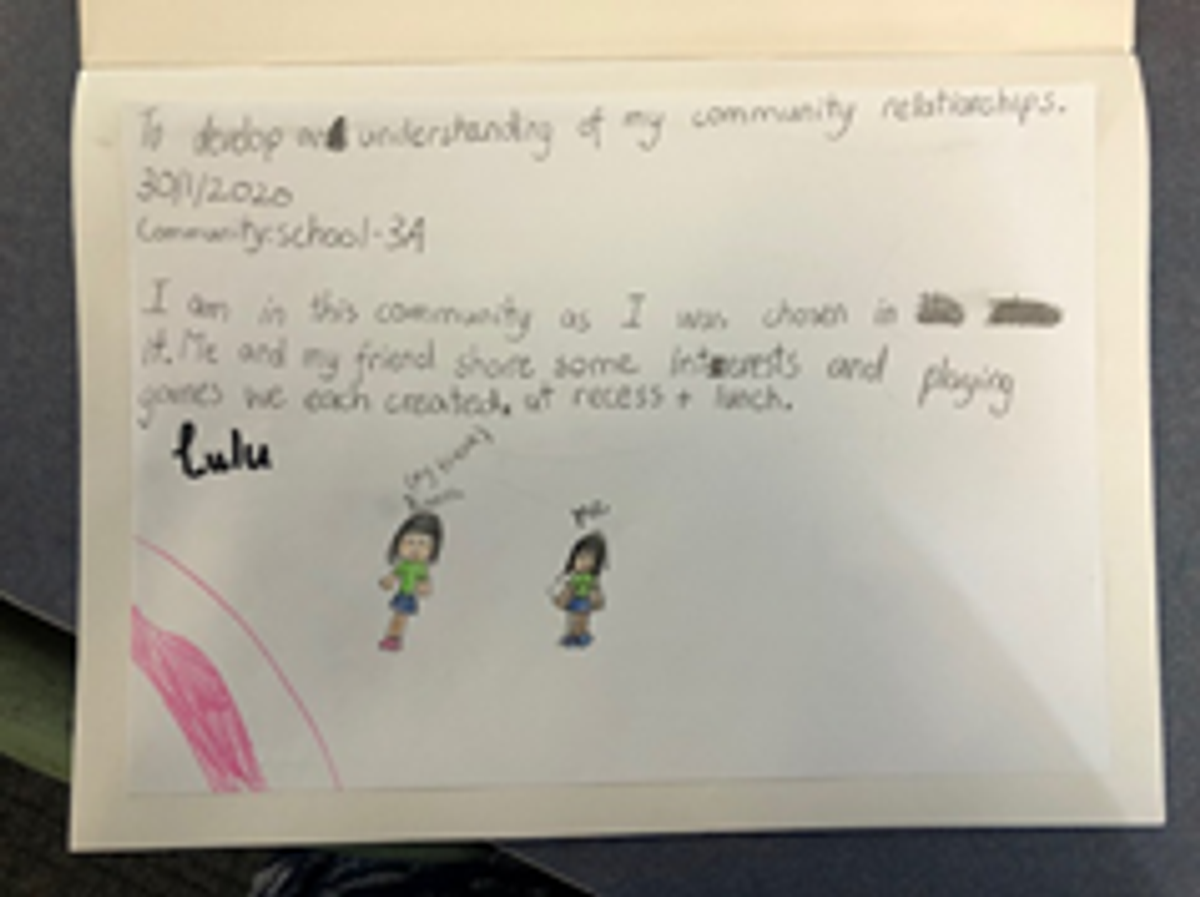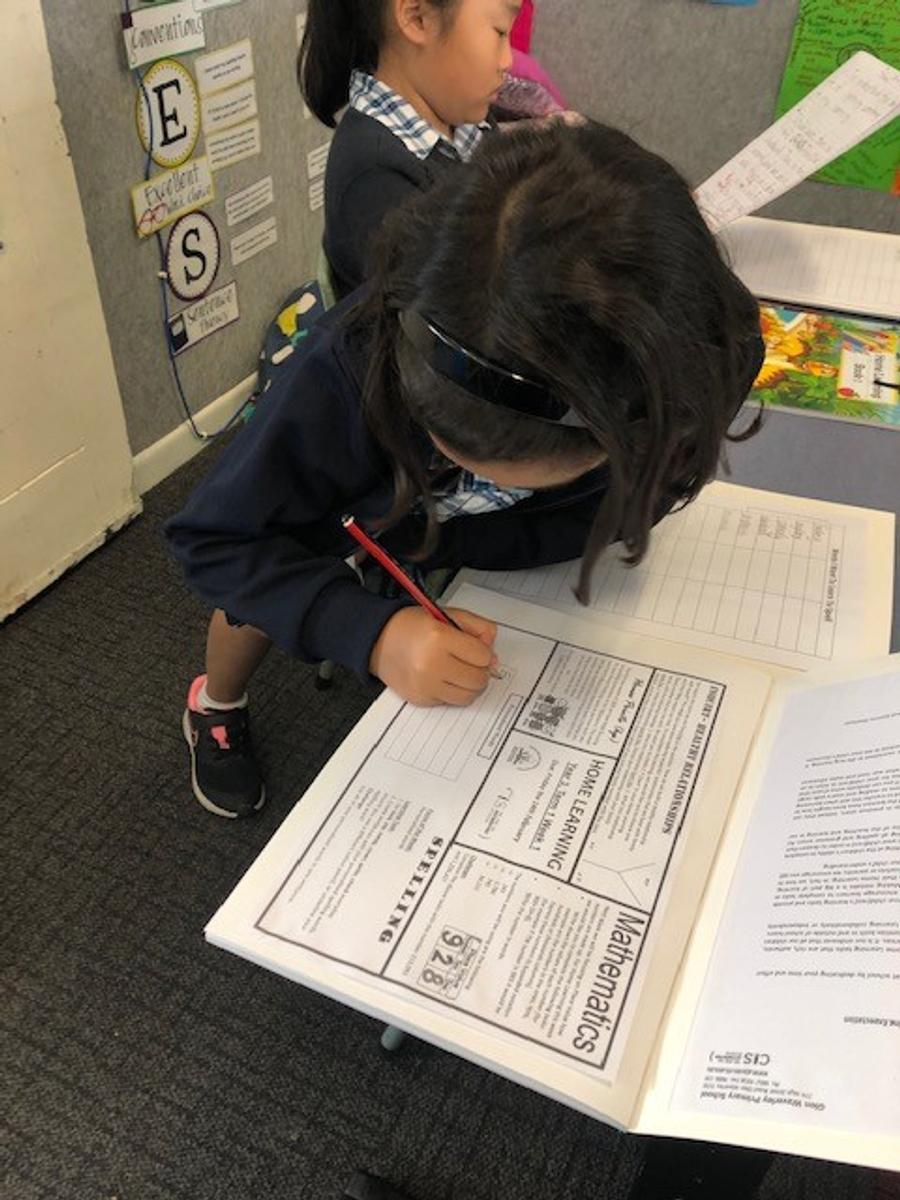Curriculum
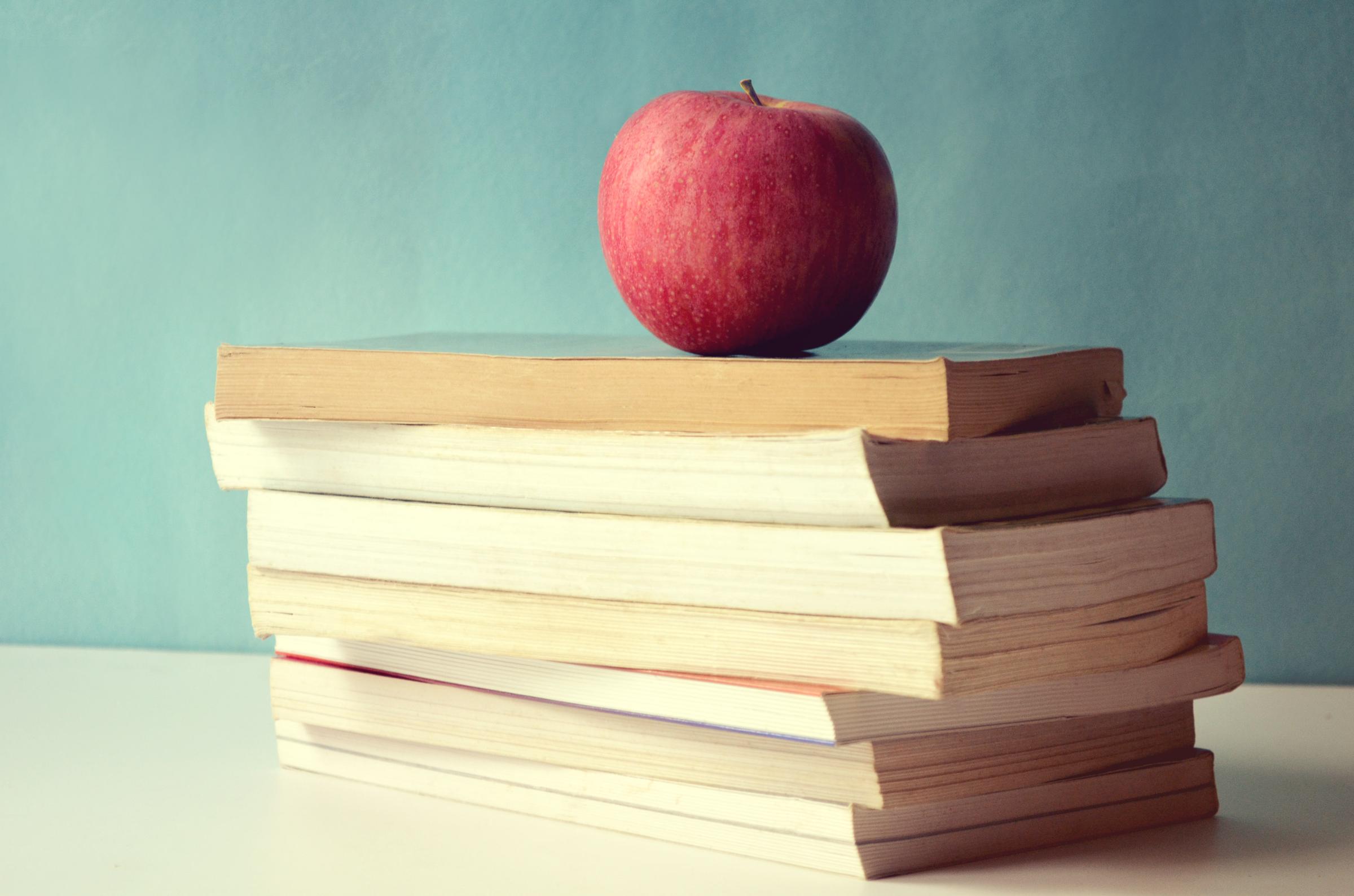
Literacy Curriculum
Reading:
As part of the whole school approach to Reading at Glen Waverley Primary School in Level Three, we continue to use the CAFÉ strategies to improve the students’ reading abilities. CAFÉ represents the goals of:
- Comprehension – I understand what I read.
- Accuracy – I can read the words
- Fluency – I can read accurately, with expression and understand what I read.
- Expanding Vocabulary – I know, find and use interesting words.
This term the students will be focusing on comprehension strategies such as determining and analysing the author’s purpose, recognising literacy elements (genre, plot, character, setting, problem/resolution and theme) and language features in texts. Students will also be summarising texts through inferring with supportive evidence and asking questions throughout the reading process.
Writing:
VOICES (Voice, Organisation, Ideas, Conventions, Excellent word choice and Sentence fluency) will continue to be implemented as part of our whole school approach to teaching writing. VOICES consists of strategies that aim to develop the students to become better writers. The strategies are explicitly taught and the learners will implement these strategies during their personal writing. Writing sessions throughout the week will be made up of:
- Genre learning experiences where the students will be explicitly taught a particular text type and then build up their skills when editing their work; For Term One we are focusing on Narratives and Persuasive texts in preparation for the Naplan Assessment in Term Two.
- ‘Open Choice’ writing where learners will write for a period of time (approximately 40 minutes), freely on topics and genres of their own choice.
- A Spelling inquiry session
- An ICT based writing session for students to develop their typing and formatting skills.
Students will participate in individual writing conferences with their teacher where personal writing goals will be formed through the use of VOICES, and will be completed collaboratively for the learners to work towards.
Spelling:
As part of the Spelling program, the students are encouraged to continuously expand their vocabulary, and this process is assisted with the Spelling Inquiry. They will identify words misspelt in their writing, and then research these words, developing a rich understanding of the origin and other important elements relevant to their spelling words. The structure of words will be investigated to understand how to use prefixes, suffixes and base words and discover what makes a compound word and a contraction.
Occasionally when focusing on new topics within our Inquiry units, learners will undertake research to find words that relate to our topic. With these words the learners will inquire within them.
Both, when working in the classroom and for their Home Learning, the students will complete the Look, Say, Name, Cover, Write, Check approach with their selected spelling words for the week.
Speaking and listening:
Every opportunity will be given for the students to improve their speaking and listening skills through presentations of their learning, group discussions and circle time when each student contributes to a particular topic being reflected upon. Also through oral presentations of Home Learning and other topics the students will be required to prepare a talk to present to the class.
We encourage confident, clear speaking and active listening at all times. Respect for others thoughts and taking turns are paramount to any speaking and listening learning tasks implemented in the class.
Mathematics Curriculum
This year, the Level Three students will be learning and applying their skills, knowledge and understanding to the content strands of Mathematics: Number and Algebra, Measurement and Geometry as well as Statistics and Probability.
Throughout Term One the Level three learners will continue to extend their understanding of the four proficiencies of Mathematics; Problem Solving, Understanding, Reasoning and Fluency and how to apply these strategies within their learning. As learners move to independence, the students will be selecting a Mathematics goal to drive their focus during Maths sessions and build their capacity to take their mathematical thinking and application to a higher level. In our first topic, learners will begin exploring the concept of Place Value in order to deepen their understanding of the value of a number. They will be investigating numbers up to and beyond 10,000, focusing on the name of each unit and transferring their understanding from digits to words. The concept of Place value is essential for mathematical learning and acts as the foundation for many other strands of Mathematics. Students will investigate multiple strategies to solve problems, focusing on developing their conceptual understanding and reasoning. Learning tasks are personalised to ensure all students are working at their zone of proximal development and are followed up with Home Learning tasks relevant to the areas of study in class. In addition and subtraction, the learners will make connections between the two and develop increasingly efficient mental strategies to solve problems.
Inquiry Curriculum
In Term One, the students have begun exploring into the Inquiry question, ‘How do we build a healthy relationship with myself?’ Within this unit it allows students to analyse the different impacts on a persons’ health and wellbeing. Students will explore various influences and impacts that could have a positive or negative effect on people around the world. Through a variety of learning experiences, the students will make connections to our Global Goal of “Good health and wellbeing” alongside “Zero hunger”. They will investigate the importance of having Good Health and Wellbeing and how this effects people all over the world. Students will transfer this learning to explore the resources necessary to reduce the impact of Zero Hunger and materials needed to support affected countries around the world.
By the end of Term One, students should be able to…
- Define relationships and how they are formed.
- Identifying positive and negative influences that impact their health and wellbeing.
- Describing calming strategies that promote emotional wellbeing.
- Analysing how a variety of foods impact their health, positively and negatively.
- Comparing and contrasting Australia to how other countries around the world are promoting healthy eating.
- Practising being safe using digital networks, and the impacts of being unsafe.
2020 FOCI
In Level Three, we are very excited to ensure we are all developing the areas of the 3 Foci that our school introduced this year. As year levels and individuals and as students and teachers we are all focused on ensuring we implement:
- Emotional Intelligence: To recognize their emotions, talking to them about how our emotions impact our day, by recognising the mood and feeling of the classroom, during different learning tasks and recognising emotions and feelings when we go to different places. Discuss metacognition and emotions. What are you thinking when you feel excited, sad, annoyed, frustrated, etc.
- Resilience in Learning: can be achieved when students have positive relationships and when we teach social and emotional skills. When respectful behaviour is valued and modelled and students feel they have a voice, schools can build a sense of belonging and connectedness to the school community. We will be building upon the student’s abilities and positive qualities to foster a strong sense of self-worth.
- Clarity in Communication: Communication is everything we do and if we do not have clarity then we might say things we didn’t mean or we interpret messages that were not intended. We will be teaching the students to think carefully about how they communicate and what they want to communicate to their peers, teachers and parents. We will be encouraging them to seek clarification if they do not understand and ensure that we give them the opportunity to clarify what has been said. Furthermore, asking questions are a big part of the clarification process. Students need to question each other and have a conversation to ensure that they understand.
These foci will be at the forefront of our planning and actions to ensure Glen Waverley Primary School and the school community continue to be the best that we can be!
Reminders
Just a few more reminders for you:
- Hats – Students are required to wear hats this term. Please remind them to have this packed each day.
- Home Learning – Home learning will be distributed on Friday’s and will be due the following Friday. It is expected that it will be fully completed and to a high standard which is well organised. Please take some time to read over the Home Learning expectations which should be pasted inside your child’s book, so these can be reminded at home, as well as at school.
- Home Reading – It is important that the students read for at least fifteen minutes each evening. Please sign their diaries after they have read and encourage them to read a wide variety of materials at home.
If you have any other queries or concerns you would like to discuss with your teachers please don’t hesitate to organise a meeting or can send any inquires through an email to your child’s classroom teacher. Our students’ well-being is always at the centre of our thoughts and actions.
Thanking you for your ongoing support and assistance and looking forward to a productive Term One,
Kind Regards,
Christine Marotti, Laura Liddy, Alana Essa, Christopher Distefano and Gemma Simmons

